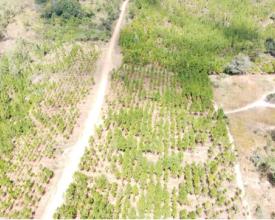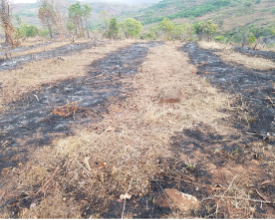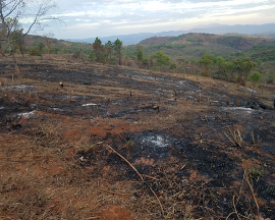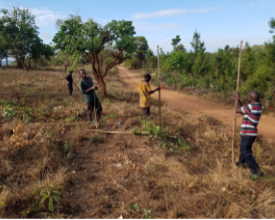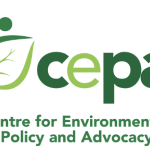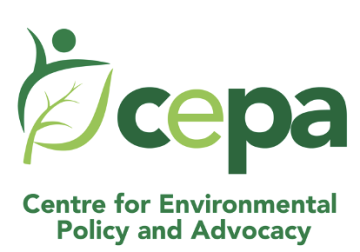
PRIVATE SECTOR INVESTMENT IN FLR THROUGH THE ADOPT A FOREST INITIATIVE
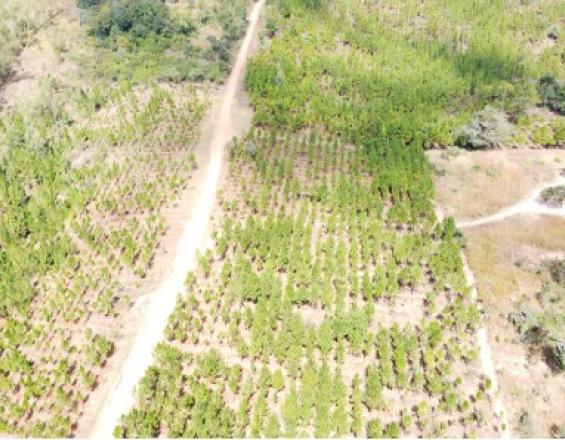
The Government of Malawi introduced the Adopt a Forest initiative to involve the private sector in Forest Landscape Restoration (FLR) through sustainable forest management. Aligned with the National Forestry Policy (2016) and the FLR Strategy (2017), the initiative promotes investment, improved livelihoods, and restoration of degraded forests.
Private institutions sign 3–5 year agreements with the Department of Forestry, District Councils, and traditional authorities and leaders. They fund implementation, while the Department offers technical support and ensures compliance with standards.
The National Bank of Malawi (NBM) committed MK100 million to restore forests in Jembya, Seven Hills, and Mangochi Palm Reserves, creating jobs and supporting community livelihoods. Activities included planting trees, forest management, and restoration of Village Forest Areas. Communities benefited through piecework and livestock support, enhancing both ecosystems and incomes.
Context
Challenges addressed
The main challenges in all the 3 districts were:
- Forest degradation from illegal activities.
- Poverty and lack of alternative income sources.
- Low community ownership of restoration activities.
Location
Process
Summary of the process
Incentives promote community participation and improves community mobilization. When effectively implemented, incentives have the potential to foster increased ownership, drive behavioural change, and deliver successful outcomes in community development initiatives.
Key success factors included strong community mobilization, preparatory meetings with local committees, livelihood improvements (casual labor, livestock, seedling sales), supervision and monitoring, and provision of tools and training. Incentives and mobilization were interconnected: communities participated actively because they benefited economically (wages, livestock, seedling sales), while being empowered through capacity-building and resource support. Each location had distinct characteristics and processes: Jembya focused on casual labor and forestry operations; Dedza combined voluntary labor with livestock support; Mangochi emphasized casual labor and enrichment planting for biodiversity conservation.
Building Blocks
Incentives for community participation in FLR
FLR is a long-term investment and local communities desire short term benefits to support their households and change behaviour. The support from National Bank enabled communities to get jobs for the completion of silvicultural tasks.
Community mobilisation for increased ownership and behavioural change
District forestry officers interacted with traditional leaders and communities that live around the targeted forest area.
Impacts
The Adopt a Forest initiative by the National Bank of Malawi (NBM) has significantly impacted environmental, social, and economic. Environmentally, 1,210 hectares of land have been restored across three regions: Dedza's Seven Hills (501 hectares), Mangochi Palm Forest (210 hectares), and Jembya Forest Reserve (500 hectares). The project also involved the planting of 28,837 pines, 1,170 Eucalyptus, 584 Cypress and 2,209 Adina microcephala (Mtonya), 7020 pines, 4235 Senna spectabilis, 2100 Senna siamea , 485 Albizia lebbeck, 700 Eucalyptus, 2212 Acacia polyacantha and 543 Alfezelia quanzensis totaling to more than 50,000 tree species. These efforts have enhanced local ecosystems, promoted biodiversity, improved soil fertility, and increased carbon sequestration.
Socially, over 600 community members have benefited from paid work in forest restoration tasks, improving livelihoods and livestock pass-on projects. Livestock such as goats (196) and 172 pigs were distributed to households, providing an additional source of income and food security. Economically, the project has created sustainable income sources, especially for women, who opened tree nurseries and started livestock farming, and others who started different businesses from the payments after the forest management activities.
Beneficiaries
Over 600 households have benefited from job creation, the sale of seedlings, and the livestock pass-on program which were incentives for community participation.
Global Biodiversity Framework (GBF)
Sustainable Development Goals
Story
Gogo Christina Mpinganjira, from one of the seven hills of Dedza, had spent years witnessing the slow degradation of her environment. Depleted forests, eroded soil, and poor rainfall had already begun to affect her family's farming livelihood. She longed for change.
In 2022, the National Bank of Malawi (NBM) with the Department of Forestry launched its Adopt a Forest initiative, which aimed at restoring ecosystems in Dedza, Mangochi, and Chitipa. Through this initiative, Gogo, alongside 149 other locals, was given 15,000 pine seedlings to plant across 500 hectares of the nearby hills. The restoration efforts focused on revitalizing the land, restoring biodiversity, and creating sustainable jobs. Gogo and her neighbors took charge of nurturing the trees and participating in activities like weeding, pruning, and fire management to ensure the forest would flourish.
The project’s benefits didn’t stop with environmental recovery. It transformed the lives of Gogo and her community. NBM also provided fruit tree seedlings, which Gogo planted around her home. For Gogo, the project became more than just tree planting, it became an opportunity to improve her family’s future.
In Mangochi and Jembya, community members opted for wages and fruit seedlings as sustainable means of livelihood, while in Dedza, locals preferred livestock, such as goats and pigs, which they share in a rotational system to build financial resilience.
"Through this program, we have begun keeping livestock, which empowers us financially by allowing us to sell some while also providing food for our families," says Gogo Mpinganjira. Similar testimonials have come from women in Mangochi, who have used their earnings to send their children to school.
https://www.natbank.co.mw/media-centre/572-bankrolling-environmental-restoration

